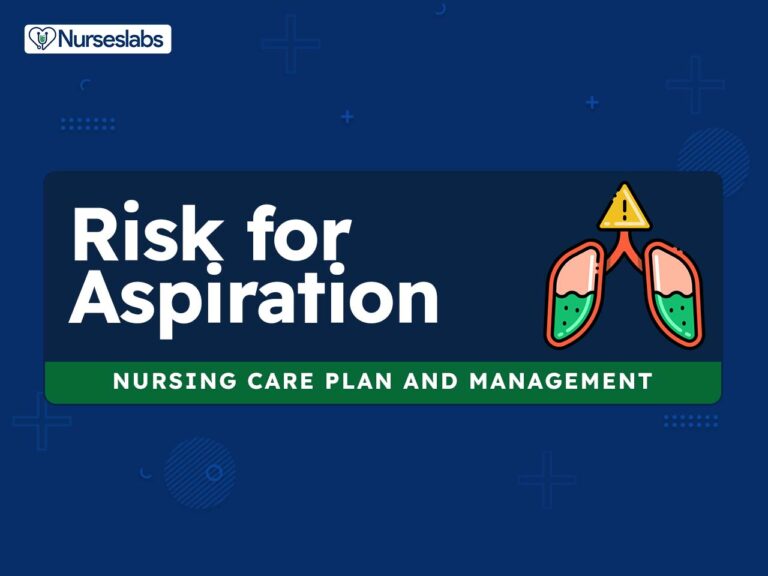A fever in newborns is a concerning issue that should be addressed promptly. It is crucial to monitor their temperature closely and seek immediate medical attention if their temperature rises above normal levels.
Newborns have underdeveloped immune systems, making them more susceptible to infections, which can lead to fevers. This article will discuss the causes, symptoms, and potential complications of fevers in newborns, as well as provide guidance on when to seek medical help.
Understanding how to identify and manage a fever in a newborn is essential for their well-being and overall health.
Understanding Fever In Newborns
Fever can be a common concern for newborns, but it’s important for parents to understand what constitutes a fever in their little ones. In newborns, a rectal temperature of 100.4 degrees Fahrenheit (38 degrees Celsius) or higher is considered to be a fever. This is because their immune systems are still developing and they may be more susceptible to infections.
Causes of fever in newborns can vary and may include infections such as urinary tract infections, respiratory infections, or even serious conditions like meningitis. It’s crucial for parents to monitor their newborns closely and seek medical attention if their baby has a fever.
Identifying Fever In Newborns
A fever in newborns can be a cause of concern for parents. It is important to be able to identify the signs and symptoms to determine when medical attention is required.
Signs and symptoms:
- Body temperature: A fever in newborns is typically defined as a rectal temperature of 100.4 degrees Fahrenheit (38 degrees Celsius) or higher.
- Loss of appetite: Newborns with a fever may show a decreased interest in feeding or refuse to eat altogether.
- Irritability: A fever can make newborns fussy, restless, and more difficult to soothe.
- Lethargy: Excessive sleepiness or unusually low energy levels can be indicative of a fever.
- Change in behavior: Newborns with a fever may become unusually irritable or listless, displaying a change in their normal demeanor.
When to seek medical attention:
- Temperature above 100.4°F: If a newborn’s temperature exceeds 100.4 degrees Fahrenheit, it is important to consult a healthcare professional.
- Persistent symptoms: If the signs and symptoms mentioned above persist or worsen, seeking medical advice is recommended.
- Age under three months: For newborns younger than three months, any fever should be evaluated by a healthcare provider to rule out any potential serious causes.
Remember, understanding the signs and symptoms of fever in newborns and knowing when to seek medical attention is crucial for the well-being of your little one.
Risk Factors For Fever In Newborns
Fever in newborns can be a cause for concern, and it is important for parents to be aware of the risk factors associated with it. Maternal infections during pregnancy can increase the likelihood of a newborn developing a fever. These infections can include urinary tract infections, respiratory infections, or infections in other parts of the body. Additionally, premature birth and low birth weight can also make newborns more susceptible to fevers. The immune system of premature babies is not fully developed, making them more vulnerable to infections. Furthermore, exposure to sick individuals can increase the risk of fever in newborns. Newborns have weak immune systems, and coming into contact with someone who is sick can easily lead to an infection and a fever.
Complications Associated With Fever In Newborns
Fever in newborns can be a cause of concern for parents and caregivers. It is important to be aware of the potential complications that can arise. One such complication is seizures, which are abnormal electrical activity in the brain. Another serious complication is meningitis, an inflammation of the protective membranes covering the brain and spinal cord. Pneumonia, a respiratory infection that affects the lungs, is also a common complication associated with fever in newborns. In addition, fever can indicate other serious infections, such as urinary tract infections or bloodstream infections. It is crucial to seek medical attention if a newborn develops a fever, as prompt diagnosis and treatment can help prevent further complications.
Diagnostic Procedures For Fever In Newborns
When a newborn has a fever, diagnostic procedures are necessary to determine the underlying cause. Physical examination is the first step, where the healthcare provider assesses the infant’s vital signs, skin color, and other physical symptoms. They may also check for signs of infection or inflammation, such as redness or swelling in certain areas. Laboratory tests play a crucial role in diagnosing the cause of the fever. Blood tests can help identify the presence of bacteria or viruses, while urine tests can detect urinary tract infections. In some cases, imaging tests like X-rays or ultrasounds may be performed to check for abnormalities in the organs or tissues. The results of these diagnostic procedures guide the healthcare provider in deciding the appropriate treatment for the newborn with a fever.

Credit: issuu.com
Treatment Options For Fever In Newborns
The role of antipyretic medications: Antipyretic medications can be used to manage fever in newborns. These medications help lower body temperature and provide relief from discomfort. However, it is important to consult a healthcare professional before giving any medication to a newborn.
Fluid management: Adequate fluid intake is crucial for newborns with fever. Ensuring they stay hydrated helps maintain their overall wellbeing. Offer frequent breastfeeds or formula feeds to replenish fluids and prevent dehydration.
Hospitalization and supportive care: In some cases, hospitalization may be necessary for newborns with fever. This allows for close monitoring and administration of appropriate treatment. Supportive care, such as keeping the baby in a comfortable and cool environment, can also help manage fever.
Prevention Of Fever In Newborns
Promoting good hygiene: Practicing good hygiene is crucial in preventing fever in newborns. Regularly wash your hands with soap and water, especially before touching your newborn. Encourage family members and visitors to do the same. Keep your baby’s environment clean and ensure all baby items are washed and sanitized regularly.
Vaccination: Stay up to date with your baby’s vaccination schedule. Vaccinations help protect against various infections and diseases, reducing the risk of fever. Consult with your pediatrician to ensure your baby receives all necessary vaccinations.
Avoiding exposure to sick individuals: Keep your newborn away from anyone who is sick or experiencing flu-like symptoms. Limit contact with crowded areas, especially during flu seasons. It is essential to create a safe and healthy environment for your baby.

Credit: nurseslabs.com
When To Consult A Pediatrician
Fever in newborns can be cause for concern and it’s important to know when to consult a pediatrician. Persistent or high fever that lasts longer than a couple of days should not be ignored. It’s also important to look out for any behavioral changes in your baby, such as being unusually irritable or lethargic.
Difficulty breathing is another concerning symptom that requires immediate medical attention. If your newborn is struggling to breathe, has rapid breathing, or is making grunting noises while breathing, it’s important to seek medical help right away.
Additionally, there may be other concerning symptoms such as vomiting, diarrhea, refusal to feed, or a rash that accompanies the fever. If you notice any of these symptoms, it’s best to consult your pediatrician to ensure proper diagnosis and treatment for your newborn.

Credit: mcpress.mayoclinic.org
Frequently Asked Questions On Fever For Newborn
What Is Considered A Fever For A Newborn?
A fever for a newborn is considered when their body temperature is 100. 4 degrees Fahrenheit or higher.
What Is A Fever Reading For A Newborn?
A fever reading for a newborn is typically considered to be a rectal temperature of 100. 4 degrees Fahrenheit or higher.
What Is A High Temperature For A Newborn?
A high temperature for a newborn is generally considered to be a rectal temperature of 100. 4 degrees Fahrenheit (38 degrees Celsius) or higher.
Is 99.5 A Fever For A Baby?
Yes, a body temperature of 99. 5°F is considered a fever for a baby.
Can Newborns Have A Fever?
Yes, newborns can develop a fever, which can indicate an underlying infection or illness.
What Temperature Is Considered A Fever In A Newborn?
A rectal temperature of 100. 4°F (38°C) or higher is considered a fever in newborns.
How Can I Tell If My Newborn Has A Fever?
Look out for signs like flushed skin, irritability, poor feeding, lethargy, or a temperature above 100. 4°F.
What Causes Fever In Newborns?
Fever in newborns can be caused by infections, such as respiratory infections or urinary tract infections.
Conclusion
Recognizing and addressing fever in newborns is crucial for their health and well-being. By understanding the causes, symptoms, and appropriate course of action, parents can ensure prompt medical attention and peace of mind. Regular temperature monitoring, comfort measures, and seeking professional advice are essential steps in managing fever in newborns.
Remember, always consult a healthcare professional for proper guidance and care.




